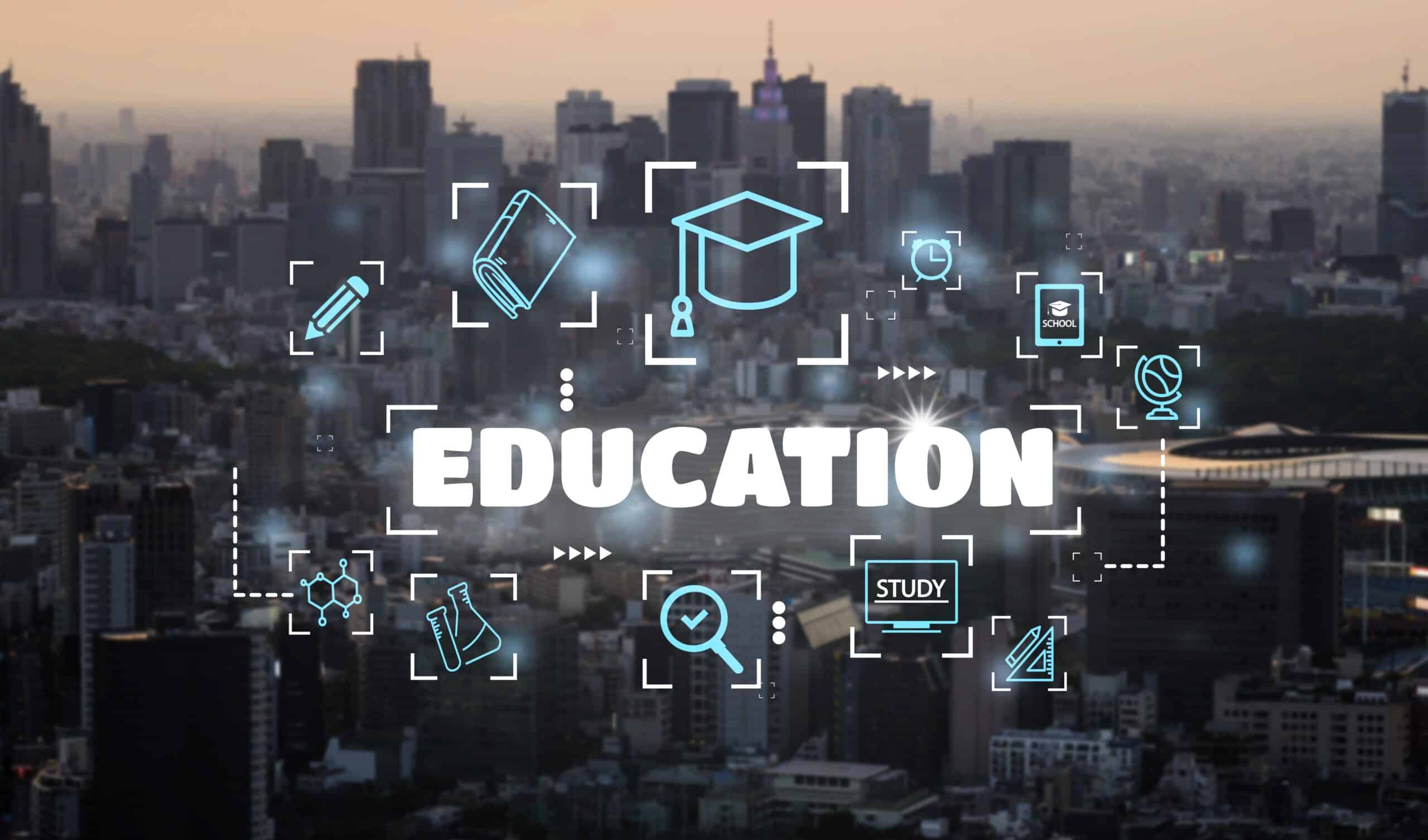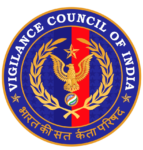Introduction
The reputation of academic institutions relies on the trust, credibility, and authenticity of their academic credentials. In today’s era of fraudulent degrees and misuse of academic qualifications, universities, and institutions must take proactive measures to protect their reputations and ensure their students and staff possess valid qualifications. Educational verification services help protect academic institutions from fraudulent claims, maintain their credibility, and ensure regulatory compliance. These services verify academic records to ensure that only qualified and deserving individuals are admitted or hired.
In this blog, we will explore how educational verification services protect universities and institutions by preventing fraud, improving institutional reputation, ensuring regulatory compliance, and streamlining admissions and hiring processes.
The Role of Education Verification Services
Educational verification services protect universities and institutions by verifying the authenticity of academic qualifications. They perform comprehensive checks on diplomas, certificates, transcripts, and degrees to confirm their legitimacy and ensure they have been awarded by accredited institutions. This verification process helps maintain the integrity and credibility of academic institutions.
1. Preventing Credential Fraud
One of the biggest threats to higher education institutions is credential fraud. Individuals can use false or exaggerated academic qualifications to gain admission or employment.
Educational verification services use advanced methods such as:
- Checking academic records against official databases.
- Contacting issuing institutions directly for confirmation.
- Using blockchain technology to authenticate degrees and certificates.
By implementing these measures, universities and institutions can ensure that only individuals with genuine qualifications are admitted or hired, thus minimizing the risk of credential fraud.
2. Enhancing Institutional Reputation
A university’s reputation is crucial for attracting students, faculty, and funding. Institutions that adopt rigorous verification practices gain the credibility and trust of employers, academic organizations, and prospective students. Educational verification services help confirm that all graduates possess legitimate qualifications, which strengthens the institution’s credibility nationally and internationally. Strong verification policies enhance an institution’s reputation, making it more respected in the academic and professional world.
3. Ensure Regulatory Compliance
Many countries and industries have strict regulatory requirements regarding academic qualifications and hiring standards. Educational verification services help universities comply with these regulations by:
● Ensuring that all academic credentials meet accreditation standards.
● Preventing legal issues arising from fraudulent admissions or hiring.
● Aligning institutional policies with global best practices in educational verification.
By adhering to compliance standards, universities and institutions reduce legal risks and reinforce their commitment to academic integrity.
4. Improve Admissions and Recruitment Processes
Admissions and recruitment processes play a crucial role in maintaining high academic and professional standards. By integrating educational verification services, universities and institutions can:
● Streamline application review through automated credential verification.
● Reduce the time and effort spent manually verifying academic records.
● Ensure that only the most qualified candidates are selected for admission or employment.
Automated screening services improve efficiency, allowing institutions to focus on selecting the best talent while minimizing the risk of fraudulent applications.
The Impact of Educational Verification on Universities and Institutions
Educational Spy verification services offer long-term benefits that go beyond fraud prevention. They contribute to the overall growth and credibility of universities and institutions in a variety of ways.
1. Promoting Academic Excellence
By verifying the authenticity of academic credentials, institutions maintain high educational standards and ensure that students and faculty meet the necessary academic qualifications. This commitment to academic excellence fosters a culture of meritocracy and encourages genuine learning and professional growth.
2. Protecting Financial Investments
Universities invest significant resources in scholarships, research grants, and funding programs. If fraudulent applicants access these resources, it can cause financial loss and damage the institution’s reputation. Educational verification services help prevent the misuse of financial aid, ensuring that only deserving candidates receive academic opportunities and funding.
3. Building Employer Confidence in Graduates
Employers seek graduates from prestigious institutions with verified academic credentials. When universities implement strict verification policies, employers gain confidence in hiring graduates from these institutions, knowing that their qualifications are legitimate. This trust improves students’ employability and strengthens the university’s partnerships with industries and businesses.
Challenges in Educational Verification and How to Overcome Them
Despite the benefits, implementing educational verification services can present certain challenges, including:
● Verification delays: Some institutions are slow to respond to verification requests.
Solution: Partner with efficient verification service providers that use automated processes.
● Data security concerns: Sharing academic records for verification raises privacy concerns.
Solution: Use encrypted and secure platforms to protect sensitive information.
● Complexities of global verification: Verifying international academic records can be challenging due to differences between educational systems.
Solution: Partner with global verification agencies specializing in cross-border academic verification.
By addressing these challenges, universities can improve the effectiveness of their verification processes and ensure seamless academic integrity.
Conclusion
Educational verification services play a crucial role in protecting universities and institutions from credential fraud, reputational damage, and regulatory non-compliance. By verifying academic records, these ID verification services ensure the credibility of an institution’s programs, strengthen trust among stakeholders and improve the overall quality of education.
In today’s world, where academic integrity is more important than ever, universities and institutions must invest in reliable verification solutions to maintain their standards and protect their future. By implementing rigorous verification processes, educational institutions can maintain their reputation, attract top talent, and build strong relationships with employers and academic organizations around the world.









